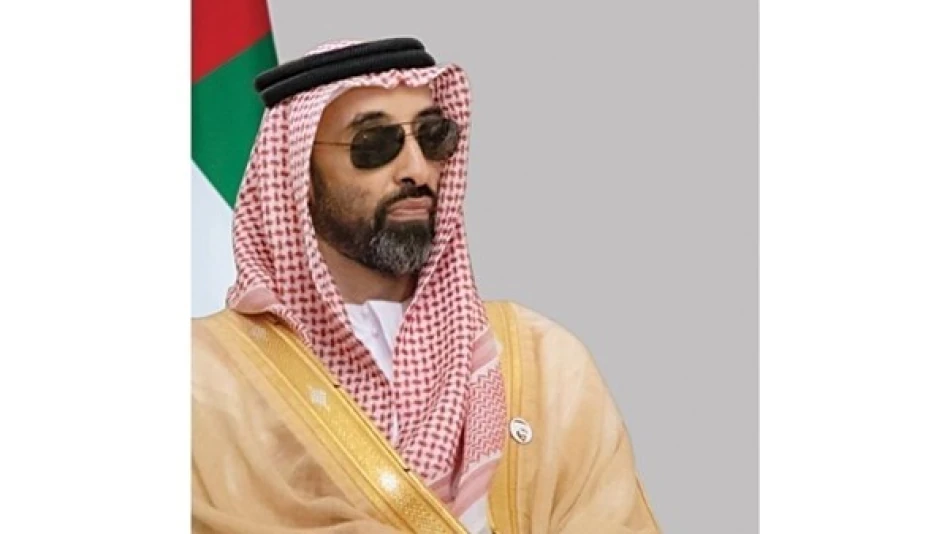
Emirati Women Celebrated with Immense Pride on National Women's Day
UAE Leadership Doubles Down on Women's Economic Role as Nation Pursues Global Competitiveness
Sheikh Tahnoun bin Zayed Al Nahyan, Deputy Ruler of Abu Dhabi and National Security Advisor, has reinforced the UAE's commitment to women as essential partners in national development, marking Emirati Women's Day with statements that underscore the country's strategic approach to leveraging female talent in its economic transformation.
Strategic Recognition Beyond Ceremonial Praise
Speaking via his official X platform account, Sheikh Tahnoun described Emirati women as "partners in development and construction, creators of achievement, and symbols of giving and creativity." The timing and source of these remarks carry particular weight, coming from a figure who sits at the intersection of national security and economic policy during a critical period of regional competition for talent and investment.
His tribute extended to "the Mother of the Emirates" - a reference to Sheikha Fatima bint Mubarak, wife of the UAE's founding father - as the "inspiring role model and primary supporter of women's journey," highlighting the institutional nature of women's advancement in the country.
Economic Imperative Behind Gender Inclusion
The UAE's emphasis on women's economic participation reflects broader strategic calculations. With the country positioning itself as a global hub for finance, technology, and trade, maximizing human capital utilization has become an economic necessity rather than merely a social goal.
Regional Leadership Through Numbers
Emirati women already occupy significant positions across government and private sectors, with representation in parliament exceeding many Western democracies. This foundation provides the UAE with a competitive advantage as neighboring economies grapple with traditional constraints on female workforce participation.
The country's approach contrasts sharply with regional peers still implementing basic reforms, positioning the UAE to attract international businesses and organizations seeking diverse, skilled workforces in the Middle East.
Investment and Innovation Implications
For international investors and multinational corporations, the UAE's sustained commitment to gender inclusion signals policy stability and alignment with global ESG (Environmental, Social, and Governance) standards. This positioning becomes increasingly valuable as institutional investors prioritize markets that demonstrate social progress alongside economic growth.
Talent Retention Strategy
The emphasis on women's roles also addresses a critical challenge facing Gulf economies: retaining educated nationals who might otherwise seek opportunities abroad. By creating pathways for Emirati women to contribute meaningfully to national development, the UAE strengthens its human capital base while reducing dependence on expatriate expertise in key sectors.
Broader Regional Context
Sheikh Tahnoun's statements come as the broader Middle East witnesses varying approaches to women's economic participation. While Saudi Arabia implements dramatic social reforms under Vision 2030, and other Gulf states pursue their own modernization agendas, the UAE's consistent messaging suggests confidence in its established model.
This consistency provides the UAE with first-mover advantages in sectors requiring diverse leadership, from sustainable finance to artificial intelligence, where varied perspectives drive innovation and global credibility.
Most Viewed News

 Layla Al Mansoori
Layla Al Mansoori






